
-- List all titles that have been sold along with the artist, order date and ship date
SELECT title, artist, order_date, ship_date
FROM items,orders,orderline
WHERE orders.order_id = orderline.order_id
AND items.item_id = orderline.item_id;
I tried my own query up I get results below
Under the Sun, Donald Arley, 11/15/2013, 11/20/2013
Under the Sun, Donald Arley, 12/20/2013, 12/22/2013
Under the Sun, Donald Arley, 1/18/2014, 1/23/2014
Dark Lady, Keith Morris, 1/31/2014, 2/4/2014
Dark Lady, Keith Morris, 3/10/2014, 3/15/2014
Dark Lady, Keith Morris, 3/14/2014, 3/19/2014
Dark Lady, Keith Morris, 11/15/2013, 11/20/2013
Happy Days, Andrea Reid, 2/27/2014, 3/2/2014
Happy Days, Andrea Reid, 10/30/2013, 11/3/2013
Happy Days, Andrea Reid, 12/18/2013, 12/22/2013
The Hunt, Walter Alford, 1/31/2014, 2/4/2014
The Hunt, Walter Alford, 3/10/2014, 3/15/2014
etc...............